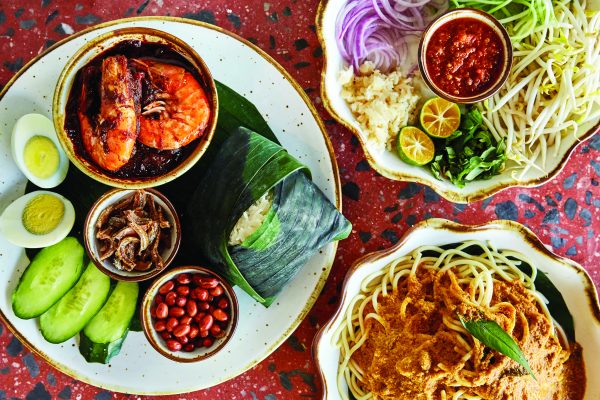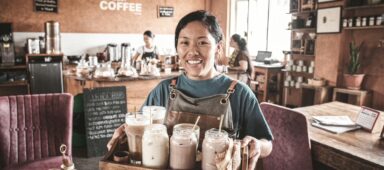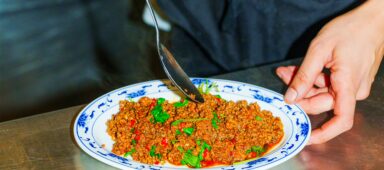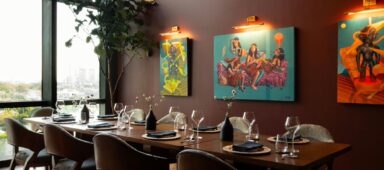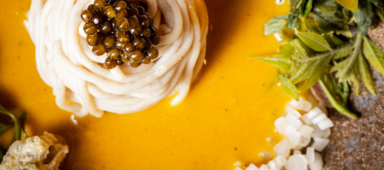Siti Li Dining has emerged as a custodian for Malay heritage cuisine.
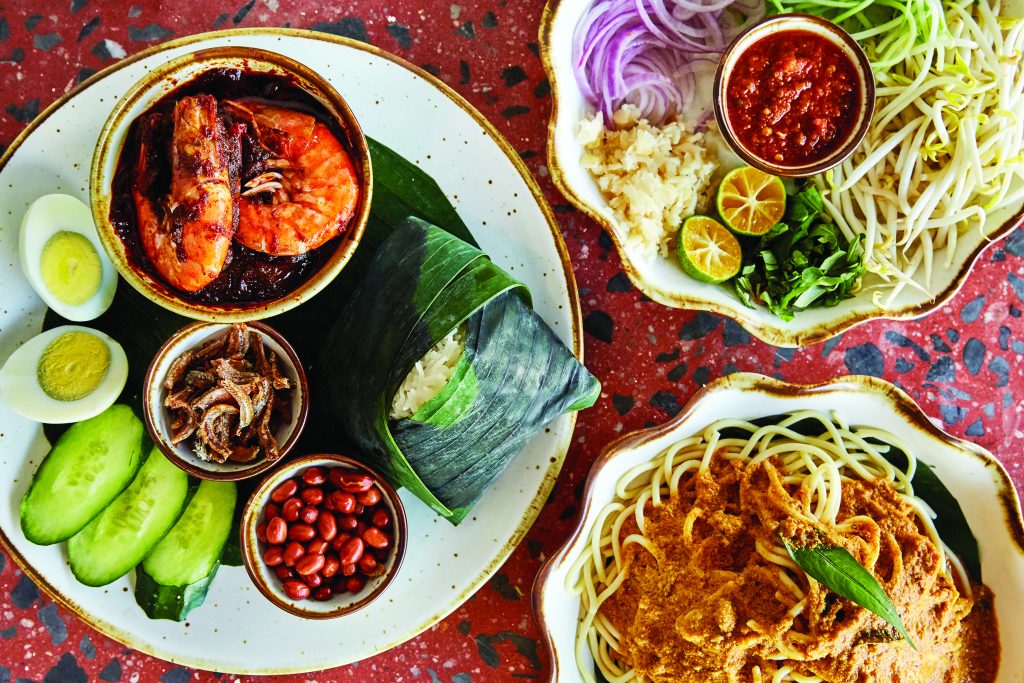
Since opening in the gentrified suburb of Damansara Heights last September, Siti Li Dining has earned a reputation as one of the most authentic Malay dining destinations in Kuala Lumpur. For proof, just ask the many older-generation Malays who flock here for their fix of old-time favourites. Celebrity Chef Wan, no less, declared on Instagram that Siti Li’s nasi lemak (coconut milk rice) was cooked the way he would prepare it at home.
While celebrated for its vibrant flavours, Malay cuisine is also notorious for its laborious methods of preparation. And although there are numerous Malay food outlets in the country, few would pass muster with the palates of old-school purists. The yearning to properly represent Malay cuisine is what led to the birth of Siti Li.
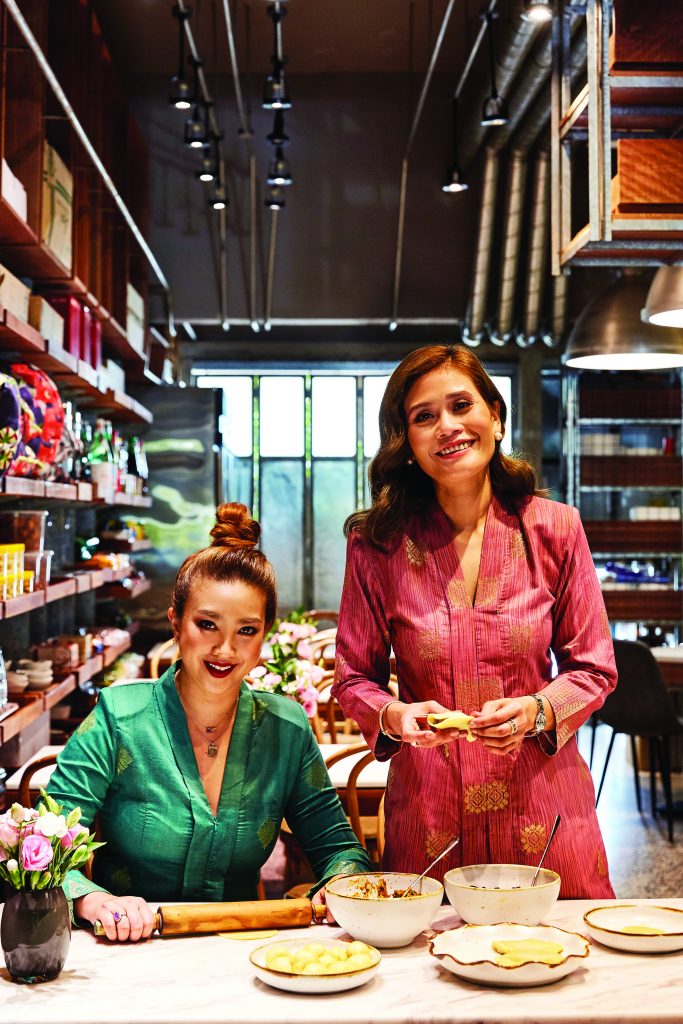
Founders Siti Kader and Shareen Ramli, who entered each other’s lives when Shareen’s father married Siti, bonded over their memories of their late mothers’ cooking. By fateful coincidence, Siti lost her mother in the same year that Shareen’s mother passed on.
Siti recalls, “From a young age, my mum taught me the importance of treating food with respect, from the ingredients and cooking methods right down to the way food is served with plates and cutlery laid out properly on the table.” Likewise, Shareen’s house used to be where everyone wanted to eat; she and her sister spent many happy hours making popiah (spring rolls) and curry puffs under their mother’s watchful eye.
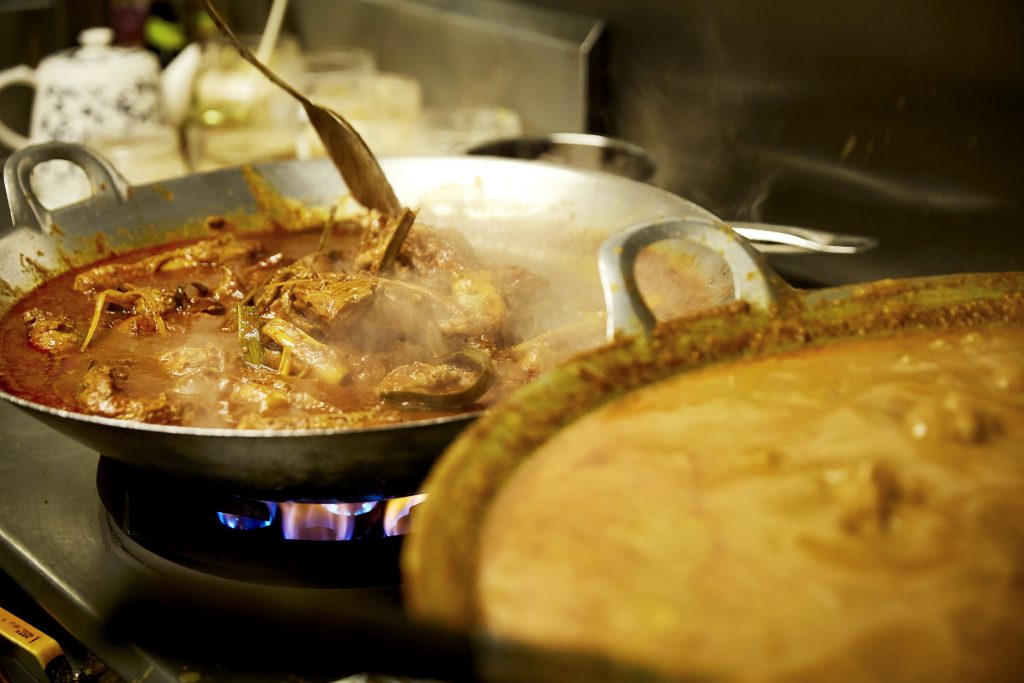
Their shared passion for food prompted the ladies to start Smokin’ Salma’s, a business supplying commercial murtabak and curry puffs, followed by an experimental stint in a food studio, where they tested the market with recipes that Siti learned from her mother. “From a base menu of nasi lemak, laksa Johor (noodles in a creamy seafood broth) and nasi kahwin koboi (an indulgent rice dish cooked in ghee and served with a chicken recipe known as ayam masak merah), we built on the menu and learned what worked,” says Shareen.
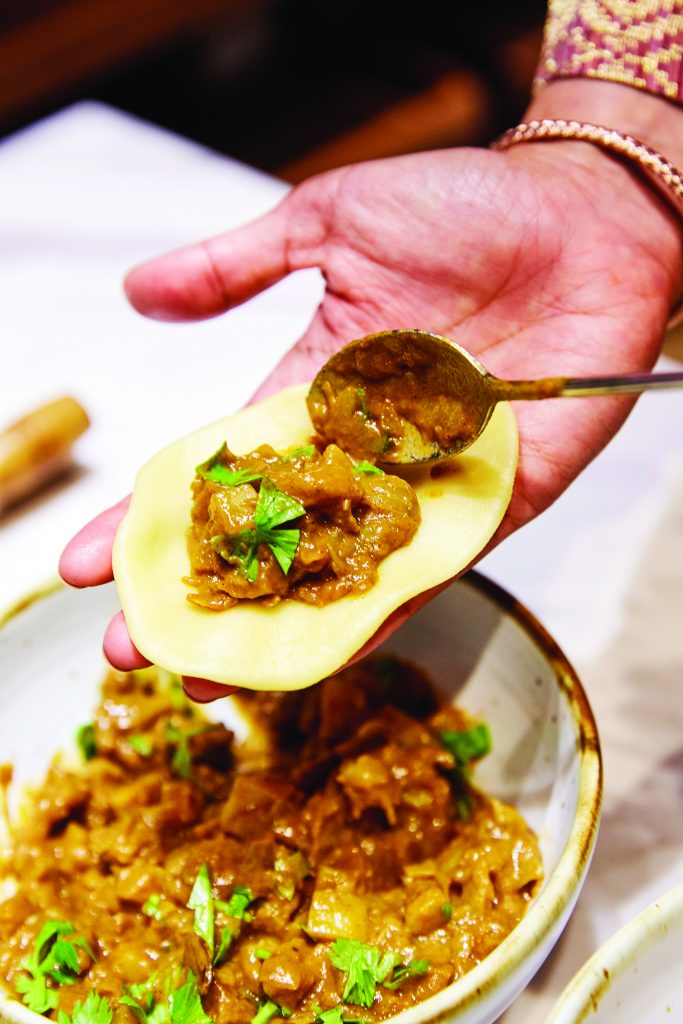
Two years later, the duo moved into their current space, capable of accommodating 55 people, nearly three times the previous capacity. Sporting bright colours and communal tables, Siti Li is inviting and Instagrammable, which may have helped it acquire a whole generation of new fans. “Our cekodok (banana fritters) has become a cult hit among hipsters,” declares Shareen. “Beyond that, we are glad to have sparked their interest in exploring what classic Malay cuisine is all about. It’s eye-opening because a lot of them don’t have recent memories of it.”
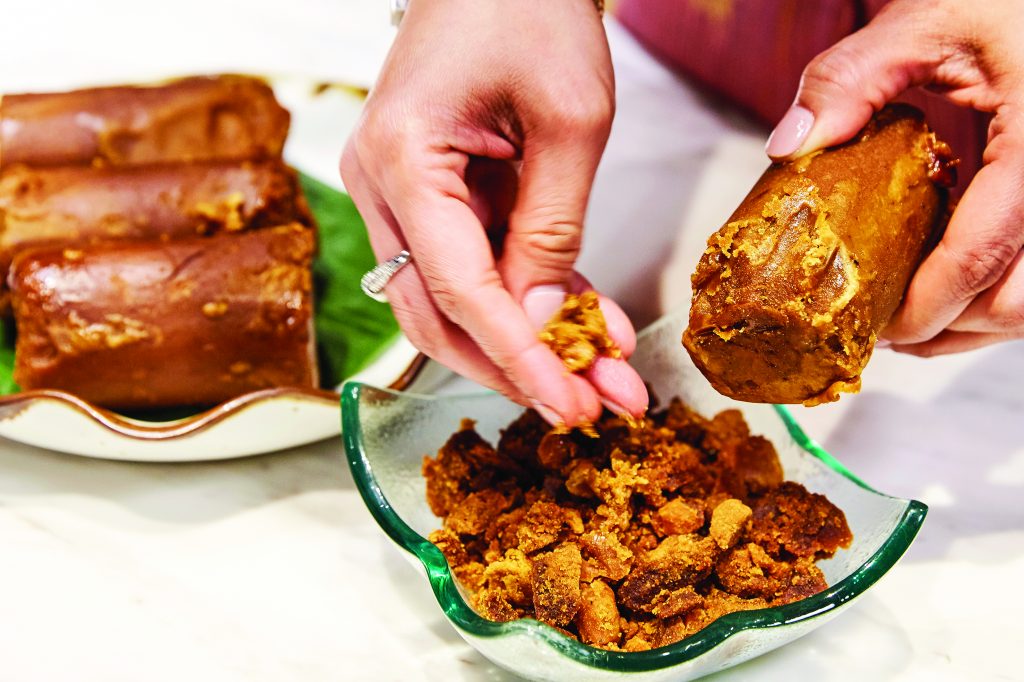
On the flip side, their biggest challenge is educating newcomers who compare their offerings – and prices – to street food. Shareen points out, “This is a speciality restaurant and we invest in a lot of things and processes that people don’t see. But most people have not been exposed to the fact that Malay food doesn’t mean cheap.”
Siti elaborates, “We use Basmathi parboiled rice, which is healthier, for our nasi lemak. We roast our own spices, instead of buying bumbu (pre-made commercial spices). And instead of white sugar, we use the more expensive gula melaka (palm sugar) in our sambal ikan bilis (anchovy chilli paste) because it gives a smokier, more intense flavour.”
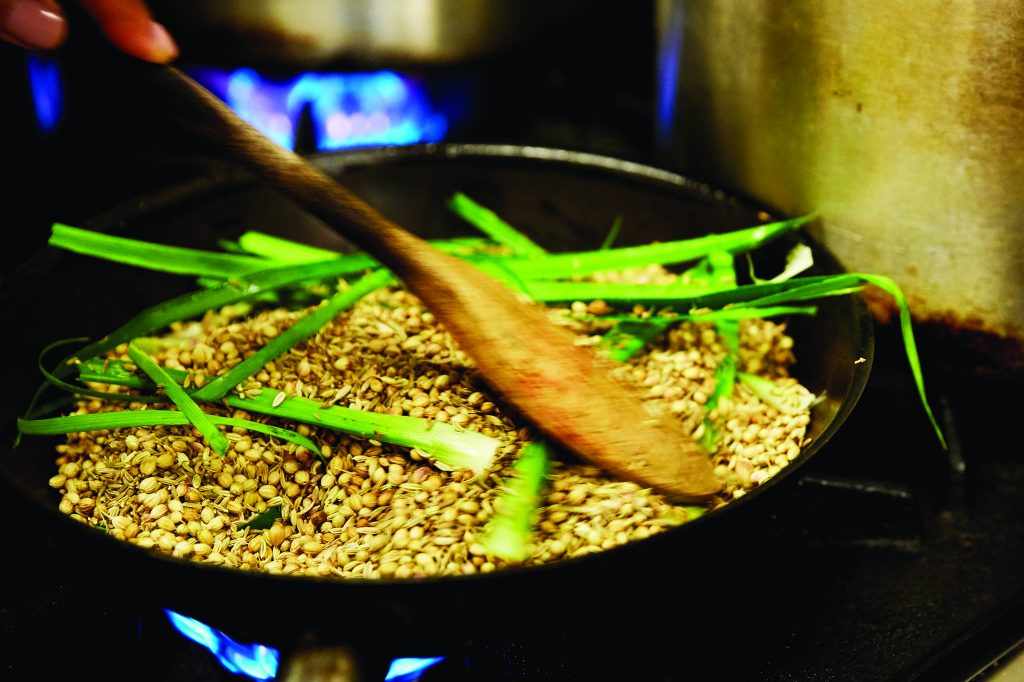
Certain ingredients need to be specially sourced. Siti buys her gula melaka from a Malay community in Batam, while her beef and fish come from FELDA farms and Koperasi Nelayan, respectively. By giving them a regular income, Siti Li does its part to empower small traders and artisans who are part of the Malay culinary heritage.
Making socially conscious choices also means that Siti Li probably has 20 to 30 percent more suppliers than most food and beverage outlets of its size.
Is it worth the trouble? Their customers think so. For every customer who complains their nasi lemak is expensive, there is the story of another who keeps coming back because Siti’s cooking reminds him of his grandmother.
Siti says firmly, “My mum taught me that with the right ingredients, you can make magic. I am not compromising on that. Malay cooking is something unique, and I want to properly represent it.”
**Until 3 June, Siti Li will prepare a special buffet showcasing Southern Peninsula specialities such as masak lemak telur itik and squid ink dishes. Sugee cookies, pineapple tarts, golden coconut crunch, pumpkin almond cookies and cheese bangkit will also be available for sale.
Siti Li Dining
15 Jalan Setiakasih 5, Kuala Lumpur
+603 2011 2220
